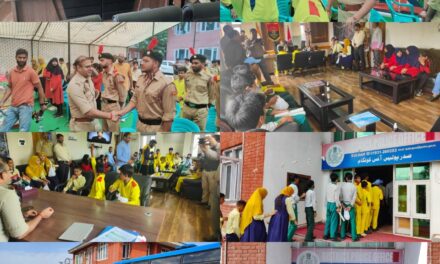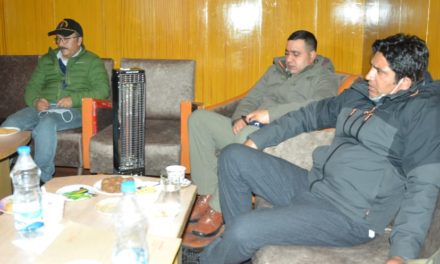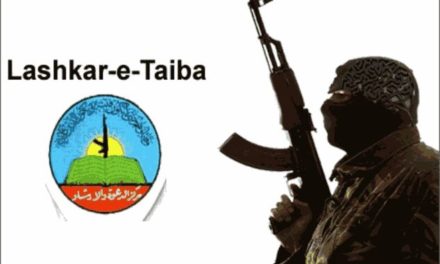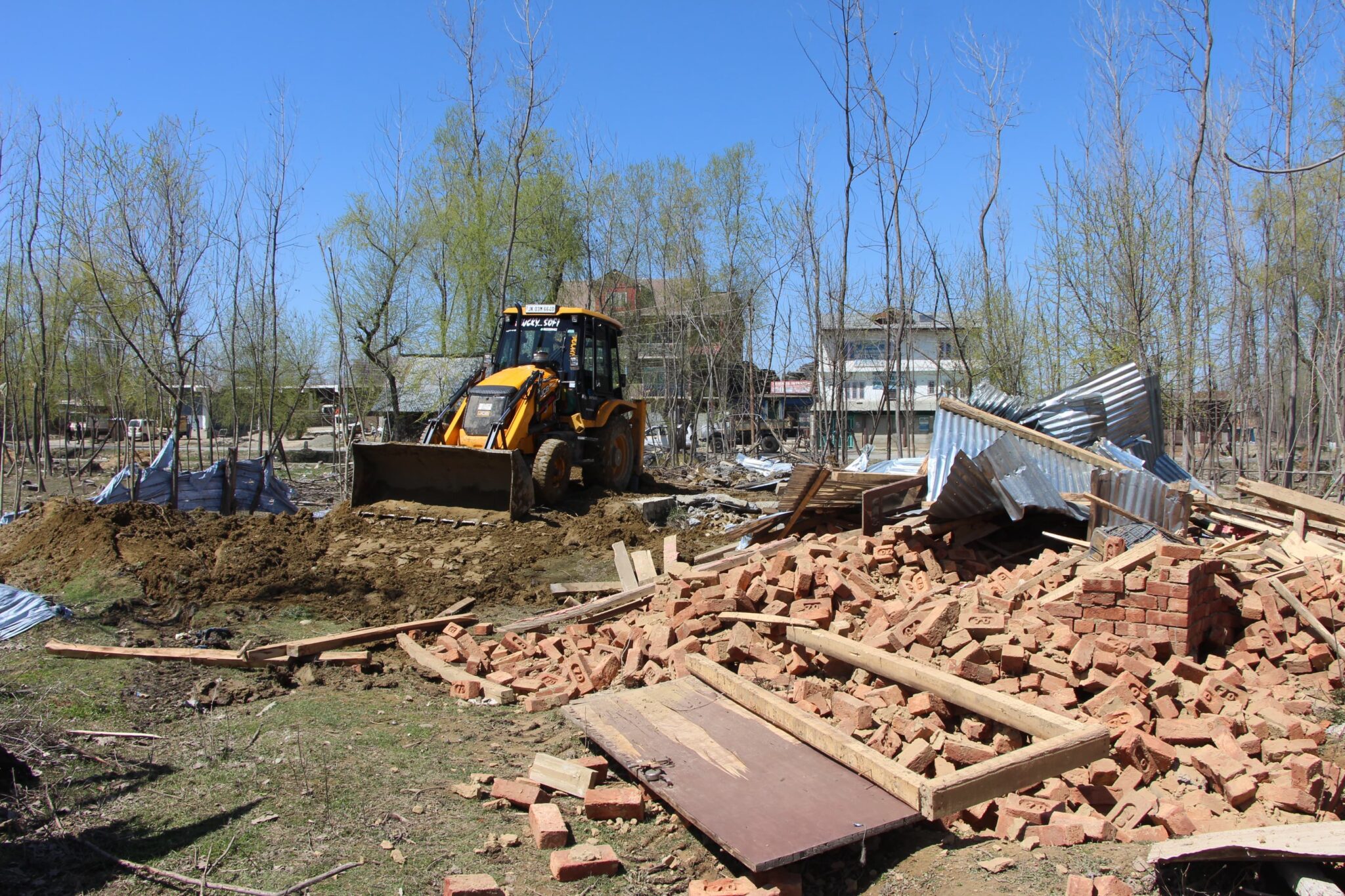![]()
Jahangeer Ganaie
Srinagar, Mar 08 (KNO): Amid surge in domestic violence cases, women in Jammu and Kashmir are feeling deprived of avenues to get justice and other basic rights.
Jammu & Kashmir State Commission for Protection of Women and Child Rights was scrapped soon after the Centre abrogated Article 370 on August 5, 2019 and since then there is no such panel for women where they can register their grievances.
According to the news agency—Kashmir News Observer (KNO), experts, activists and NGOs working on gender issues believe that the commission was a substitute to police stations where women hesitate to file their complaints.
They said authorities have given approval for a special J&K-Ladakh cell at the National Commission for Women but it will have a very little impact as it would be a daunting task for victims to reach Delhi with their problems.
“There are options available such as filing complaints online there but not all can register it,” they said.
“A single women’s police station for 10 districts can’t handle all the cases. There is a need to restore women’s commission in J&K,” they said, adding that even those women who had filed cases in the commission before August 5 have also been left vulnerable as they have nowhere to go.
National Family Health Survey (NFHS) in its recent survey conducted by the Union Ministry of Health revealed that domestic violence against married women and sexual violence against young women has seen an uptick in Jammu and Kashmir. The prevalence of spousal violence against women aged between 18 and 49 years has risen to 9.6 per cent in 2019-2020 from 9.4 per cent in year 2015-16.
As per the survey, the ratio of young women, aged between 18 and 29, who experienced sexual violence by age of 18, has also increased to 4 percent from 3.1 percent.
However, it said married women in the age group 18-49 years who have experienced physical violence during a pregnancy have decreased from 1.3 percent to 1.2 percent.
Only 14 percent of the women after experiencing any kind of violence have sought help, however, over 77 percent have neither disclosed nor sought help about the violence they experienced, it added—(KNO)























